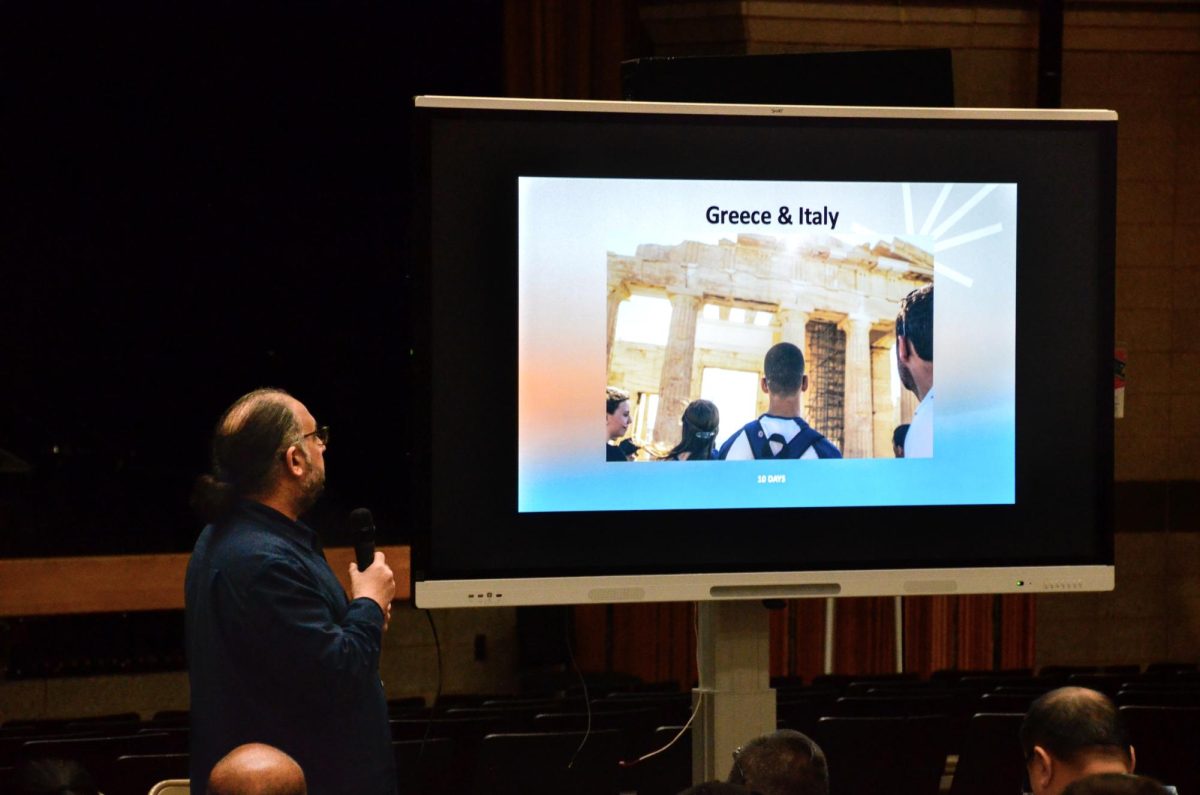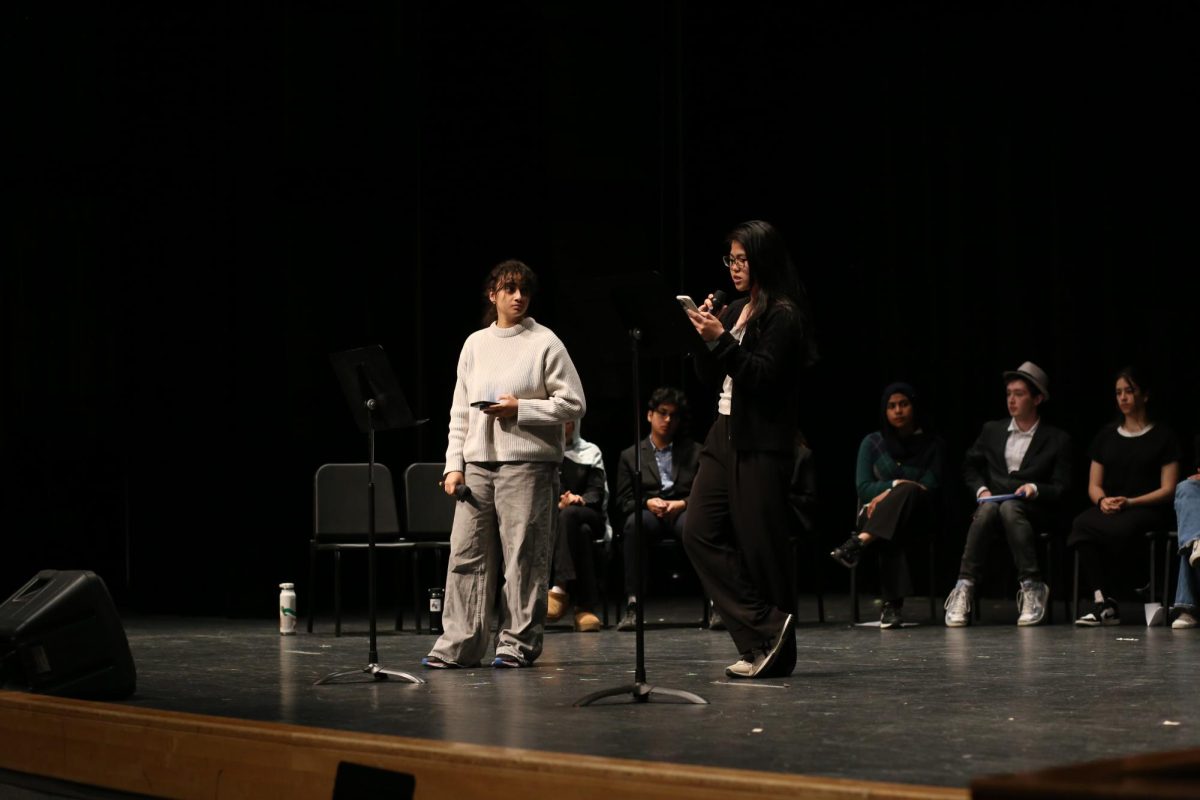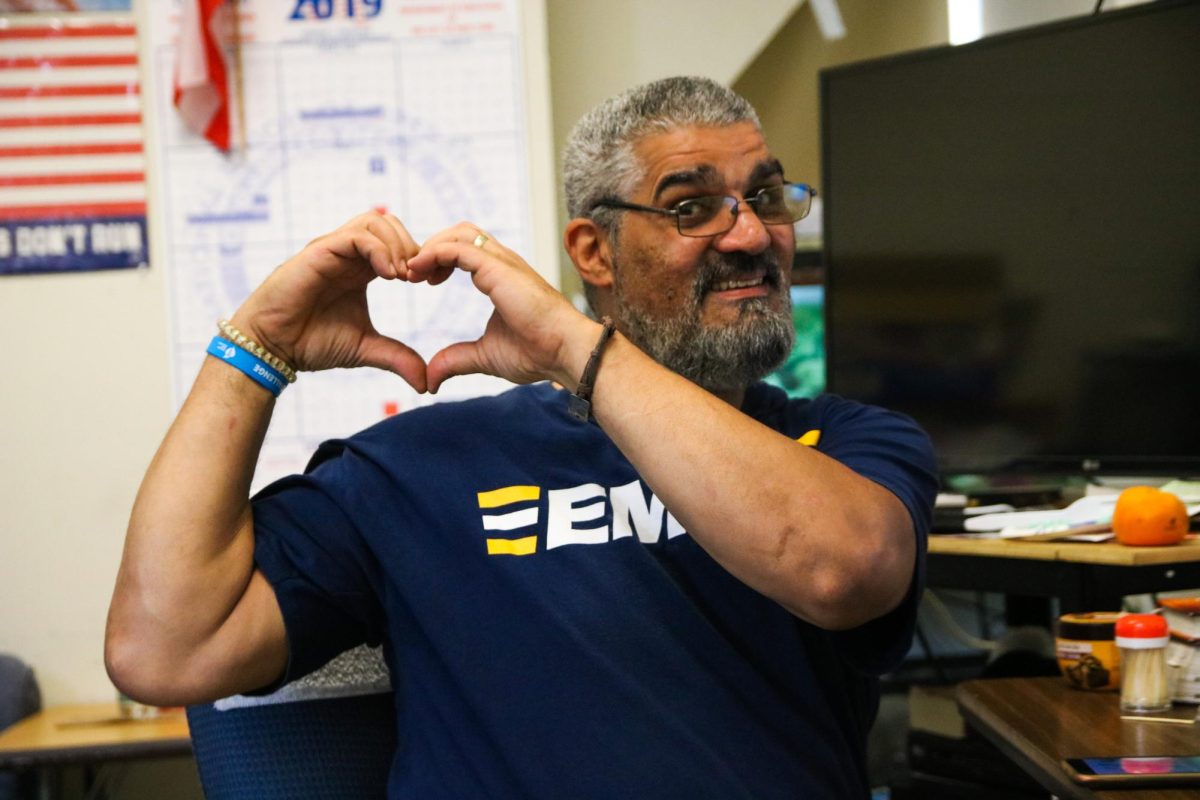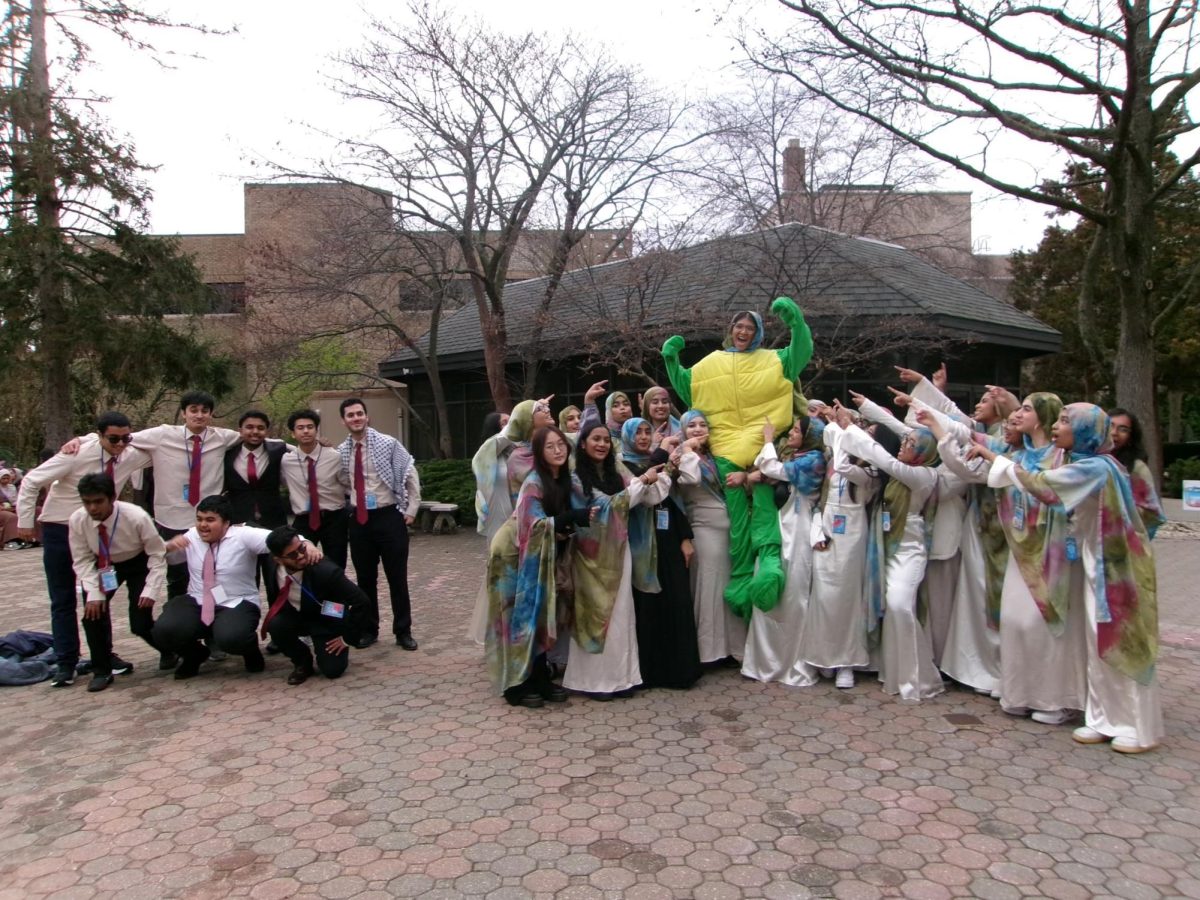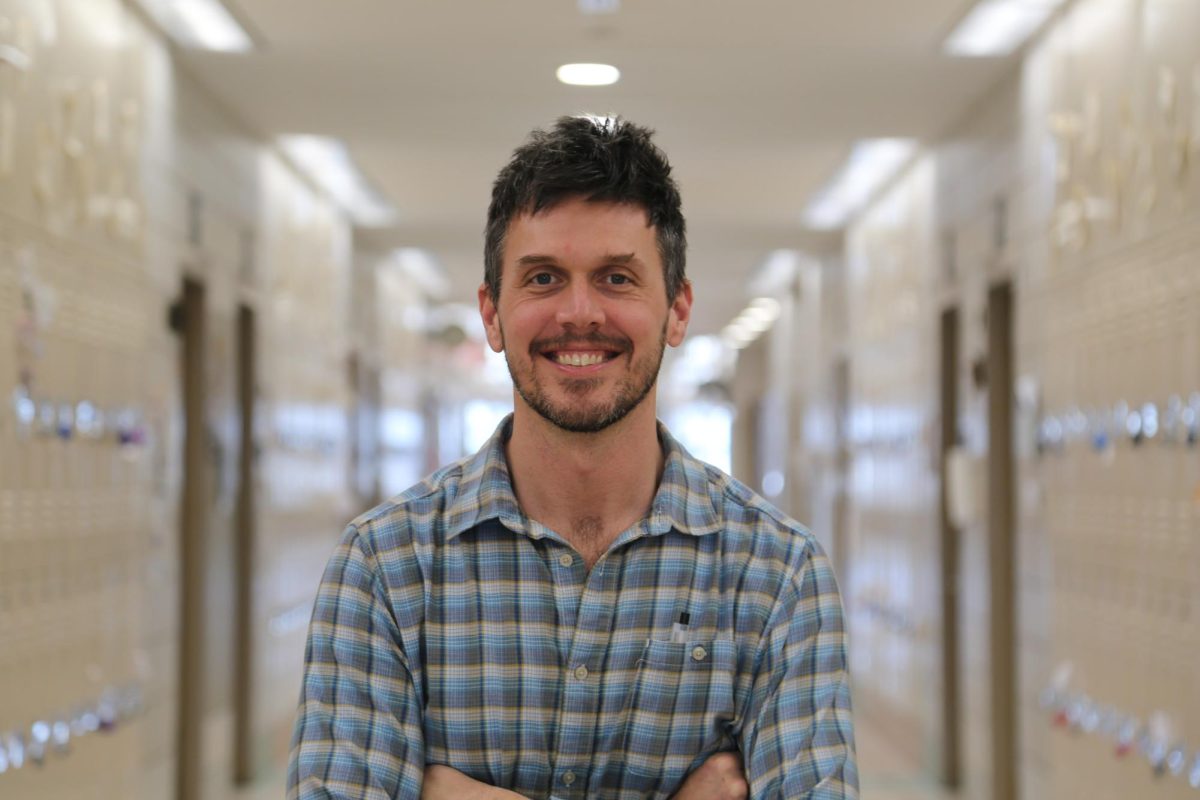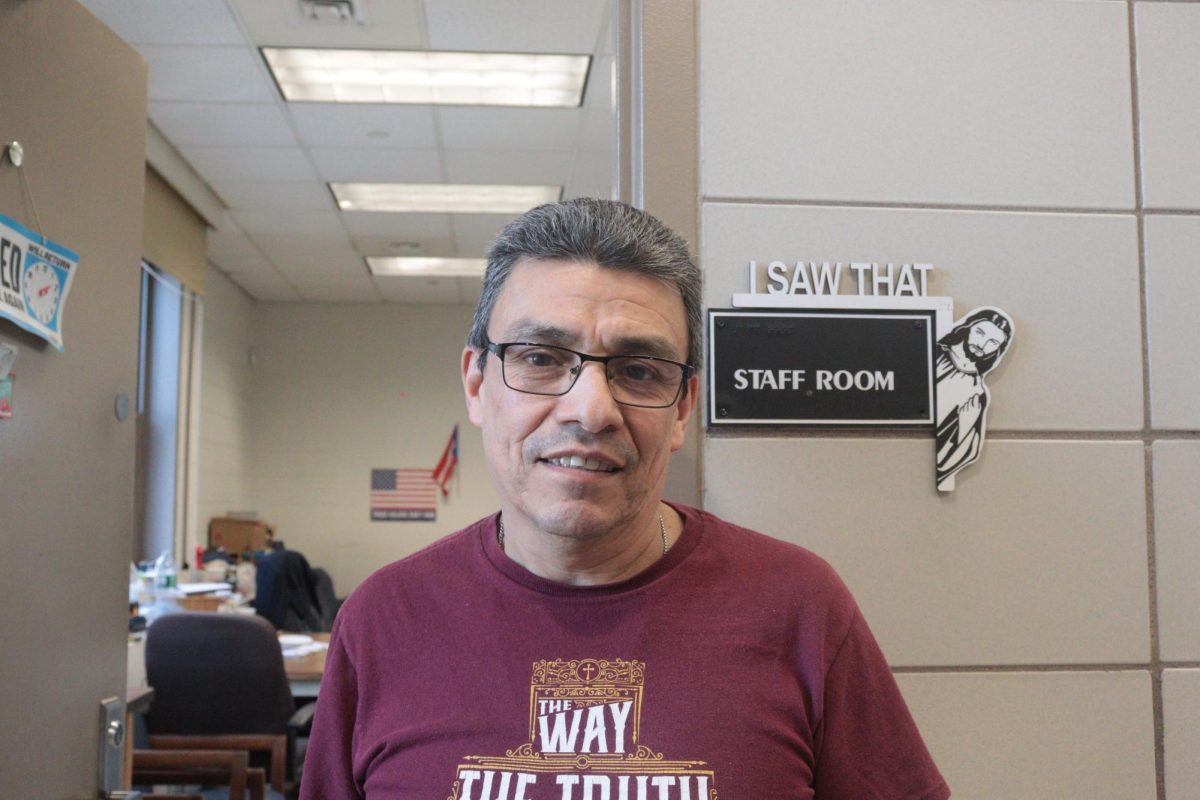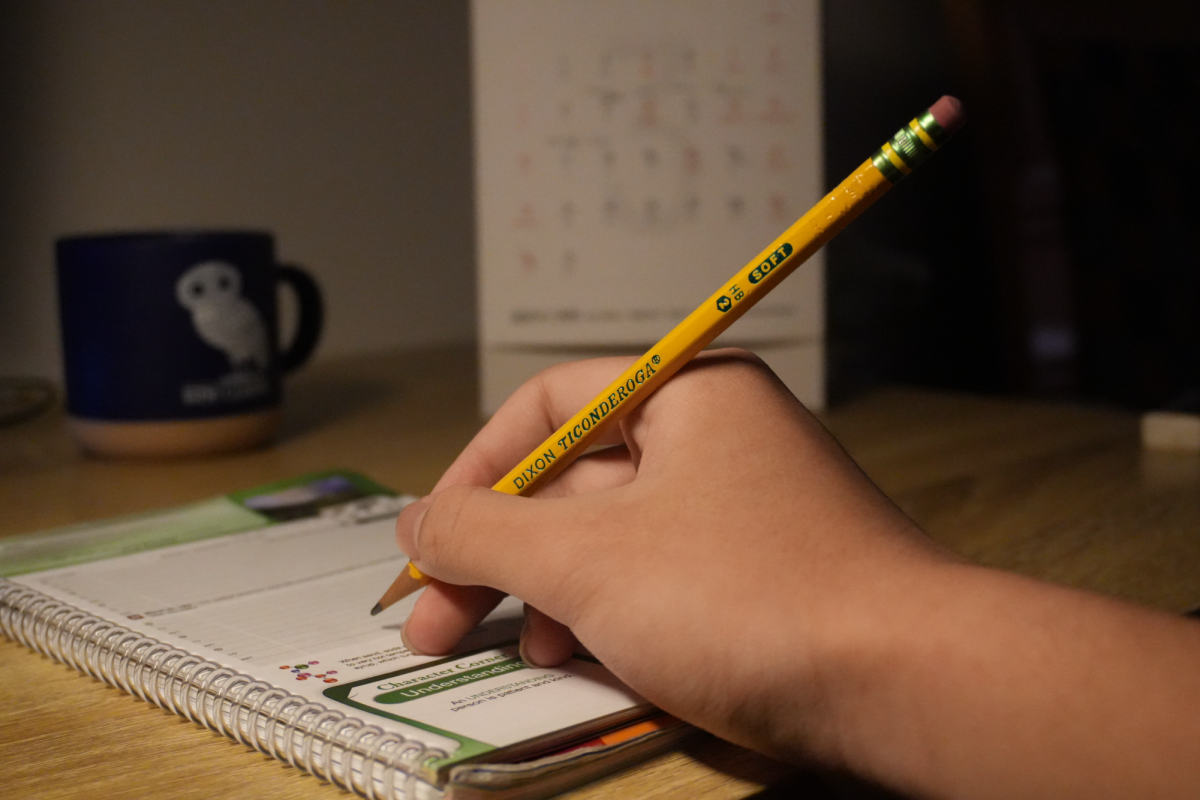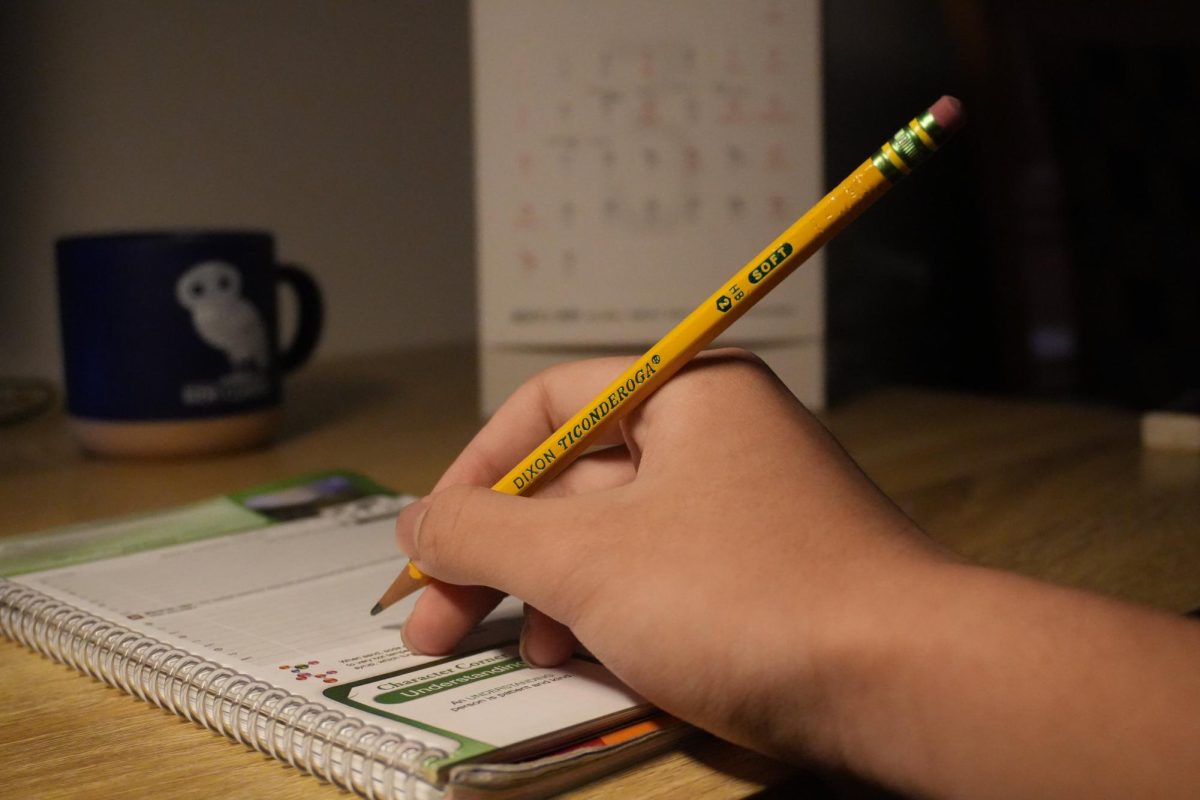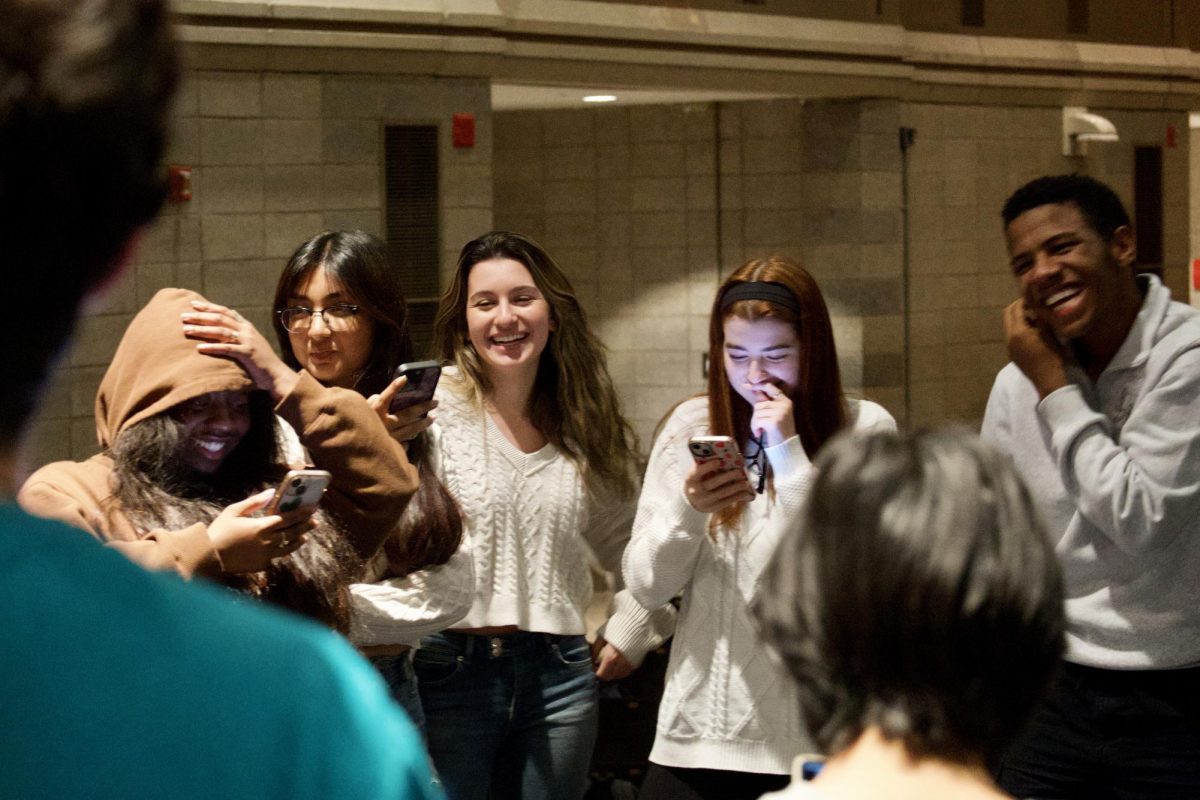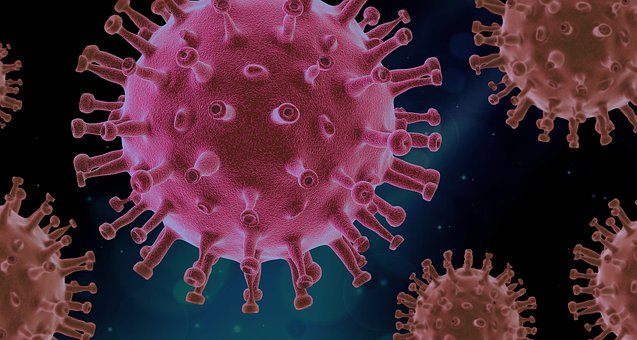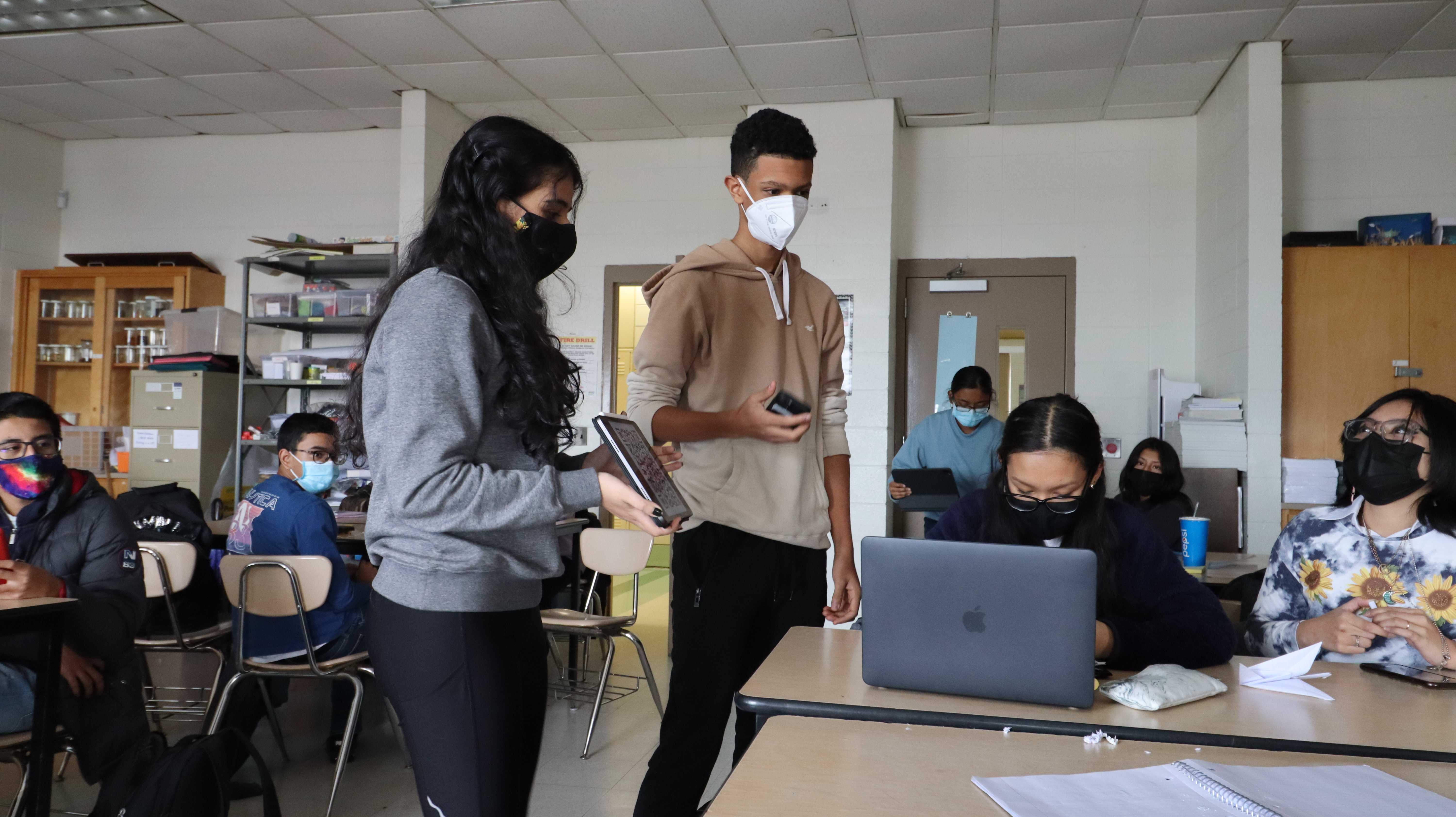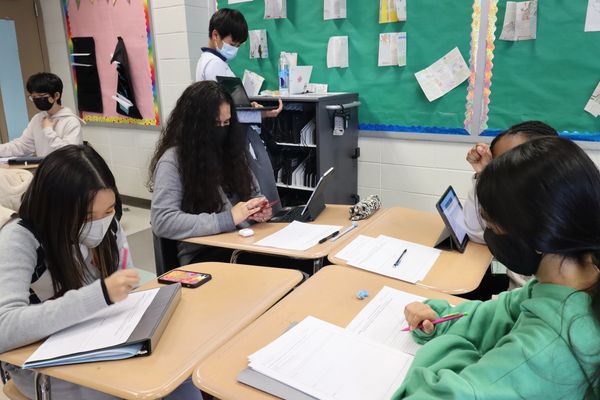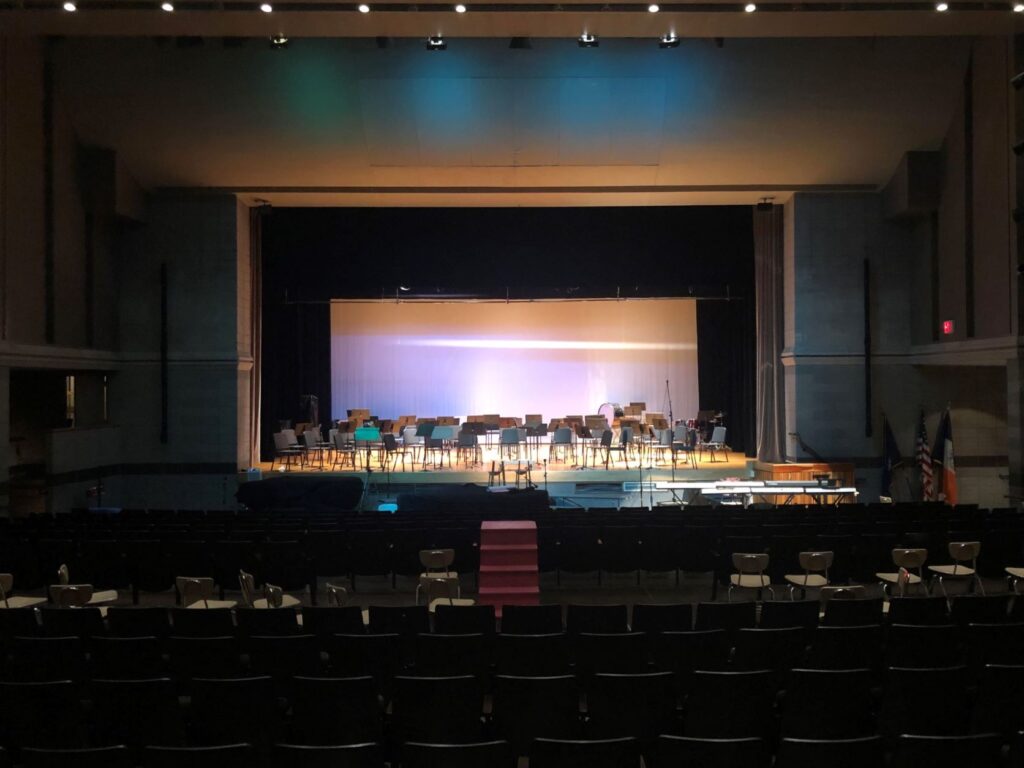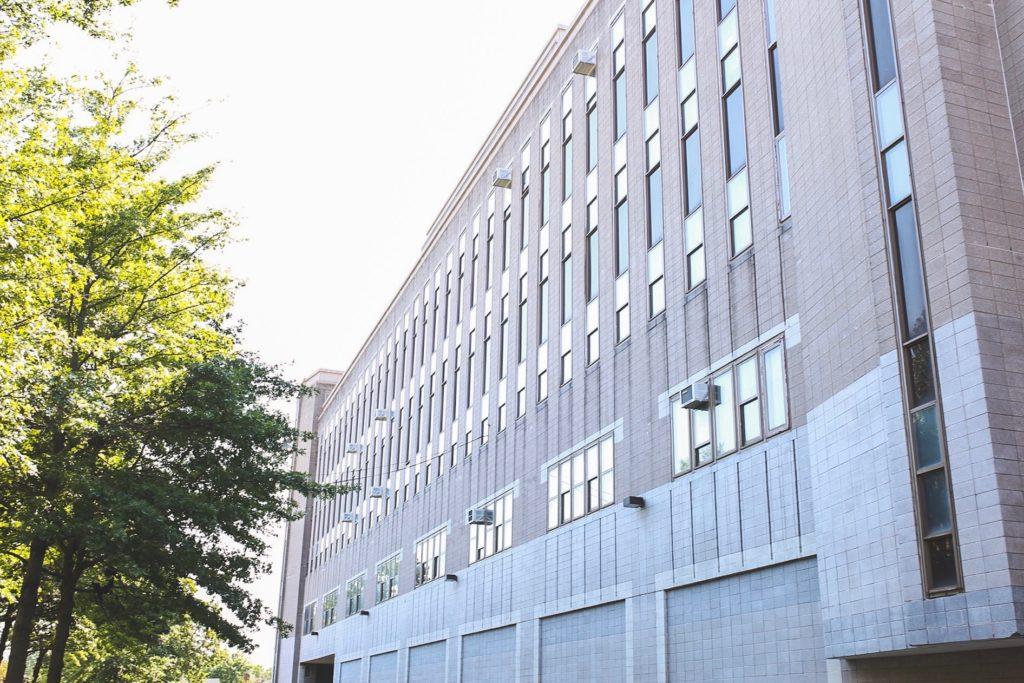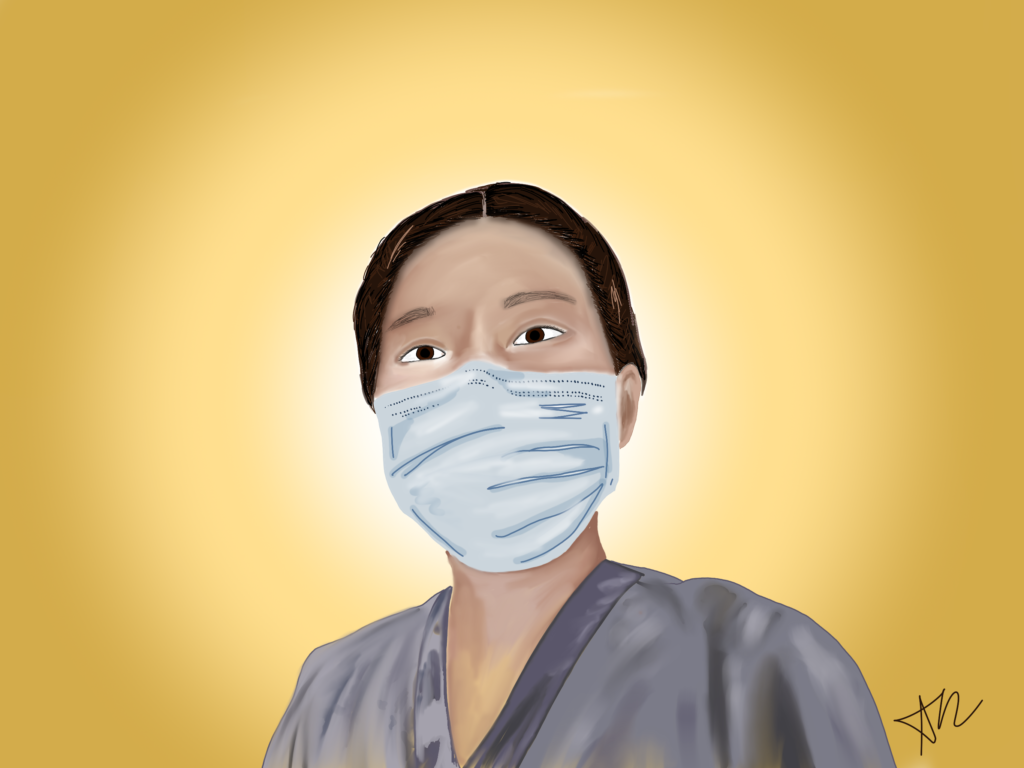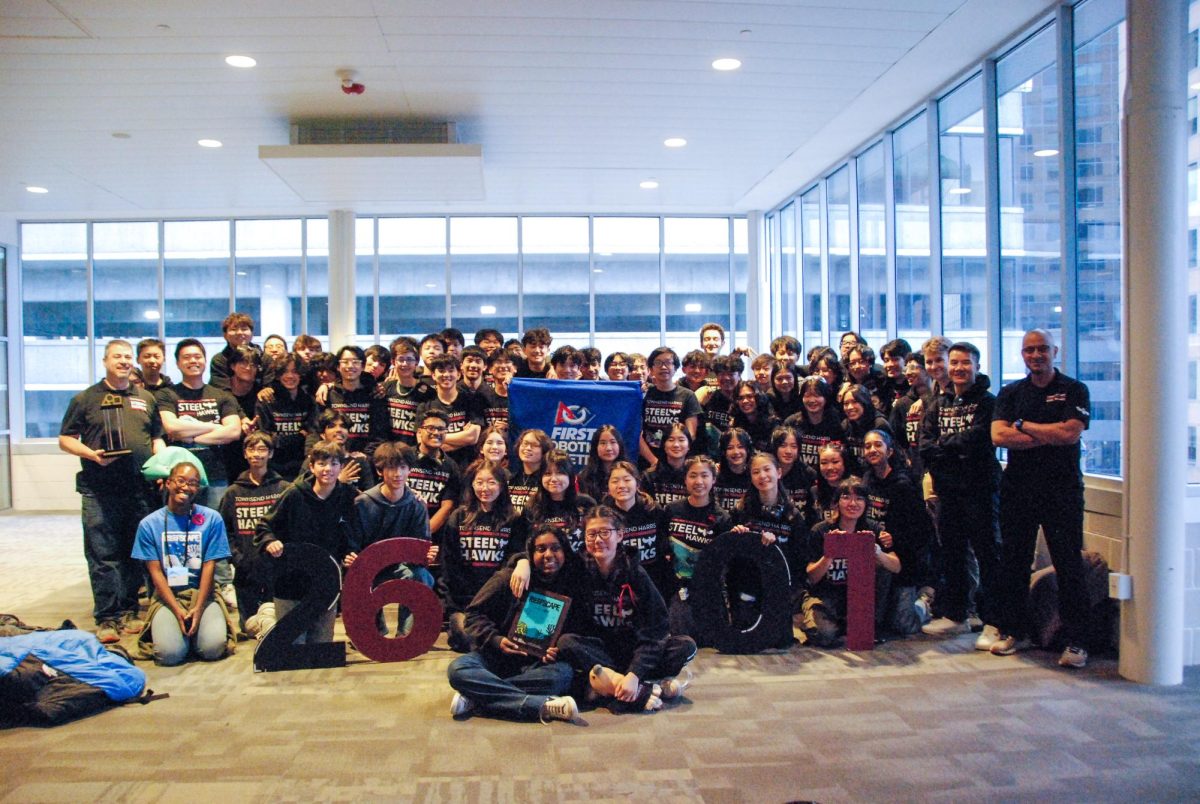
As of March 26, 2020, the U.S. has officially overtaken China in the number of COVID-19 cases. With more than 138,000 confirmed cases as of March 29th, the U.S. has become the first country to exceed 100,000 cases, and this growth isn’t stopping. Having skyrocketed from 5 to over 100,000 cases over the course of a few weeks, the virus is spreading alarmingly fast, with as many as 15,369 new cases overnight.
New York is the epicenter of the breakout in the U.S., rapidly approaching the rate of infection and death in Wuhan, China, where the virus initially broke out. As of March 29, there are 53,520 reported coronavirus cases with 834 deaths in New York alone, leaving many confused about the cause of this rapid growth.
Sophomore Heather Bonilla said, “[The virus] spread so quickly in New York because we are all so close together. New York is primarily urbanized, especially in Manhattan, so I think everyone being that close to each other played a role.”
This exponential increase in infections has caused many Harrisites to feel fear and panic at these drastic numbers. Sophomore Nisat Nosin said, “Sometimes I do get pretty anxious about the virus being at such close proximity to me and my family. It impacts my life because I can’t go outside to go to school or hang out with my friends; overall I can’t be as productive.”
Similarly, sophomore Tiffany Gao said, “It’s extremely unnerving and unfortunate how high the number of cases are in the U.S. It definitely affects my life, nowadays my routine is a little more hectic with online learning and the lengths that my family goes to ensure our safety. Of course, we have to take even more precautionary measures.”
“In my everyday life, it has been impacted a lot,” said sophomore Monica Yang. “All my family does is read the news every hour and worry about this virus. They talk about it [during] every meal… this epidemic had placed my family on edge.”
In order to deal with these growing concerns and spread of the virus, countless health professionals are working endlessly in order to stop the growth of the virus. “I don’t know any doctors or nurses, but I’m sure there is an increased level of stress.,” said Heather. “They have the highest chance of contracting COVID-19.” Nevertheless, because of their hard work, countless numbers of patients have already been able to recover from the virus.
“I think we can overcome the crisis if everyone listens to the information and advice coming from the government and healthcare organizations and follow through; that means quarantining, washing hands, no close contact, etc.,” said Nisat.
“I think what makes it even more stressful is I’m shut in here and my community is not cooperating [but] if we want to stop it, we have to work together.” said senior Serena Shibu.
Heather has also viewed this optimistically, saying, “I do think we can overcome this if we all continue to self distance and quarantine. We have to continue flattening the curve until a vaccine is created.”


